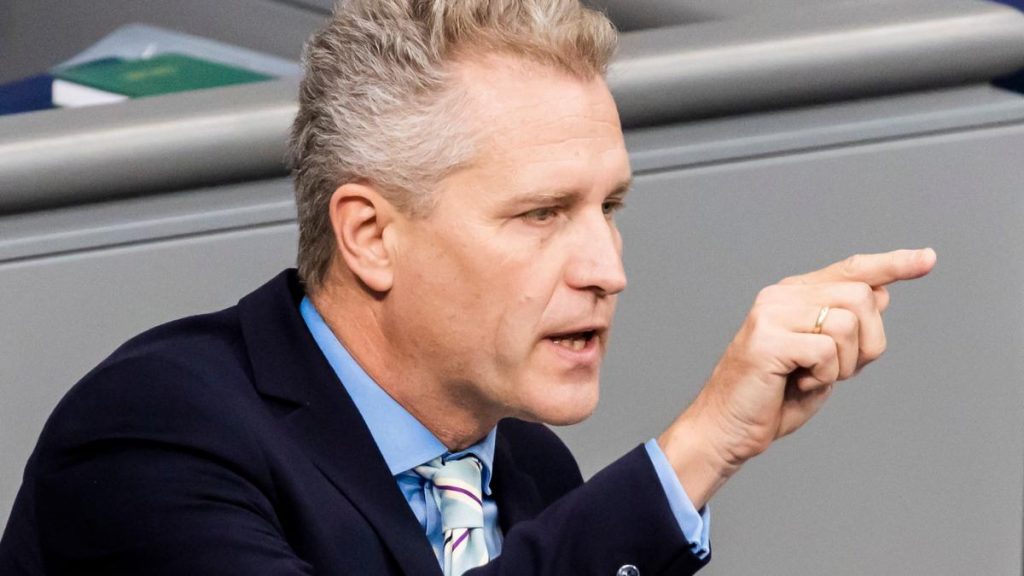The AfD is considering banning its European election candidate, Petr Bystron, due to allegations of receiving money from a pro-Russian network. Bystron denies these claims in a letter to party leaders Alice Weidel and Tino Chrupalla, calling them a “smear campaign” orchestrated by the government through the use of intelligence services. He asserts that he has never received money from any Russian or from the organization “Voice of Europe.”
Czech news portal “Denik N” reported that the Prague intelligence agency has evidence in the form of audio recordings that Bystron received money from Russia. Bystron is said to be in contact with the pro-Russian network “Voice of Europe”. The Czech government had previously placed the website on its national sanctions list for being part of a Russian influence operation aimed at undermining the sovereignty of Ukraine. Bystron views these accusations as part of a “globalist campaign” and criticizes the Czech government for supporting the continuation of the conflict in Ukraine.
In response to the allegations, Bystron’s letter to the AfD leaders highlights his commitment to peace and denounces the portrayal of those advocating for peace in Ukraine as “Russian agents.” He dismisses the report by “Denik N” as vague and refutes any claims of taking money from Russia to promote Putin’s propaganda. Weidel and Chrupalla had requested a written statement from Bystron regarding the allegations, which he submitted on Thursday. The party spokesperson stated that the matter will be discussed by the AfD’s national and parliamentary leadership in the coming days.
Bystron accuses the government of trying to undermine the opposition’s strong polling numbers through defamation campaigns, utilizing intelligence agencies. He insists that the allegations against him are based on false accusations and part of a broader campaign to tarnish his reputation. Bystron also criticizes the Czech government’s involvement in the situation, suggesting that their support of the conflict in Ukraine is linked to economic interests in the arms industry.
The AfD’s decision on whether to impose an appearance ban on Bystron will likely be made during a meeting of the national executive on Monday. Bystron’s denial of the allegations and his claims of being targeted in a smear campaign raise questions about the implications of these accusations on his political career and the AfD’s stance on potential ties to foreign organizations. The outcome of this debate within the party leadership will shape the narrative surrounding Bystron’s alleged involvement with the pro-Russian network and its impact on the AfD’s image.















